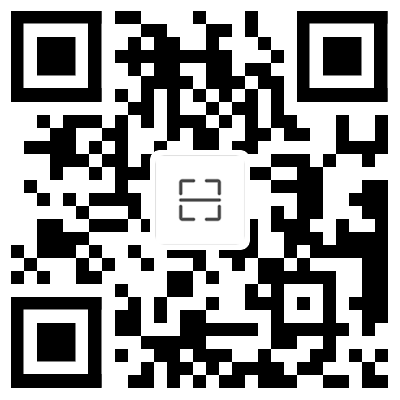情态动词的反义疑问句.例如:can、must need 等等 can 分两种表能力时 前面肯定则后面用否定 can't;前面 否定则后面用肯定can 表猜测时 前面是肯定后面用 be动词否定形式或者助动词否定形式+主语.反之亦然.如 It can be right,isn't it?It can happen soon,doesn't.
含有情态动词的反义疑问句有什么规则 1 带 have to 时,附加疑问用 do 或 have的相应形式,用 do 更常见.You don’t have to go to school on Sundays,do youWe have to work today,don’t we(haven’t we)2 带 must时A 表示“必须”,附加疑问部分用 mustn’tWe must work hard,mustn’t weB 表示“有必要”时,附加疑问部分用 needn’t.The teacher must show concern for each pupil,needn’t heC 表示“推测”时,附加疑问部分要与陈述部分的谓语动词相呼应.He must be a teacher,isn’t heD must+have+done 是对过去情况的推测,当陈述部分没有明确的表示过去的时间状语时,附加疑问要用have的相应形式;当陈述部分有明确的过去时间状语时,附加疑问要用过去时.You must have lived here for a long time,haven’t youYou must have seen him yesterday,didn’t youE 当陈述部分是 must not,表示“一定不要”、“禁止”时,附加疑问除用must 外,还可以用may.I must not tell him,must I(may I)3 带 used to 时,附加疑问用 usedn’t 或didn’t.但口语中倾向于后者.There used to be an apple tree in the garden,didn’t there(usedn’t there)4 带need 时,附加疑问用 do 或 need,应该与陈述部分 need。
如果句中有情态动词的话,反义疑问句是怎样的? 这要看情况而定.1.如果只是情态动词+动词原形结构,那么一般是根据情态动词来变化.如:You can play football,can't you?当然少数情态动词不能照搬否定形式如:I have to go now,don't 2.如果是情态动词+be doing sth结.

